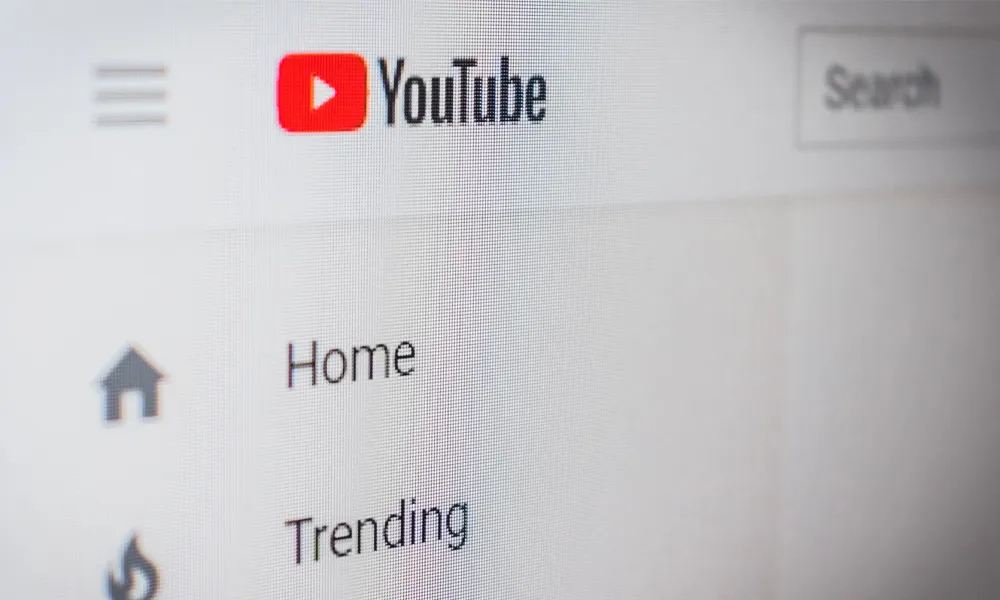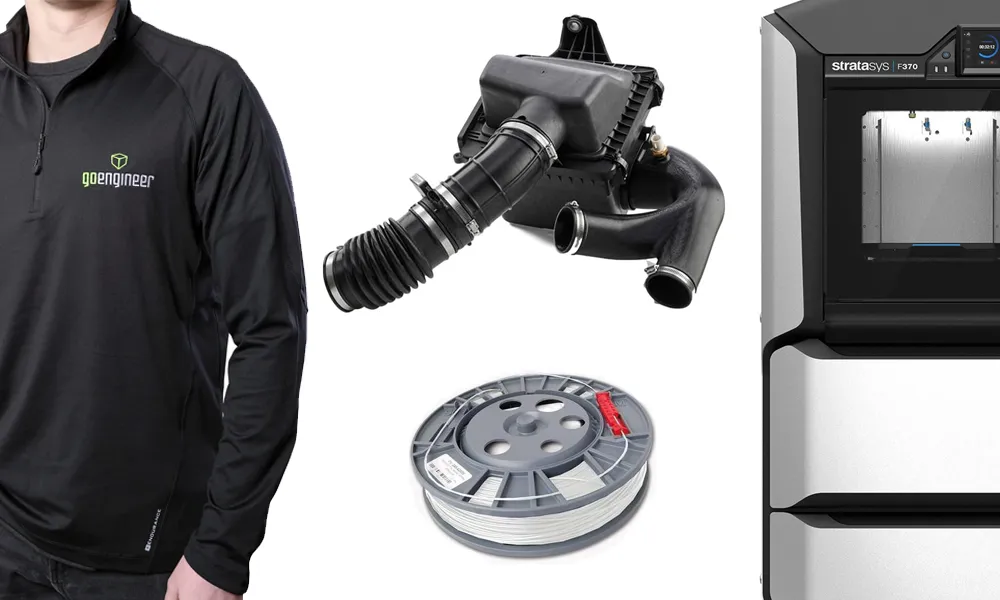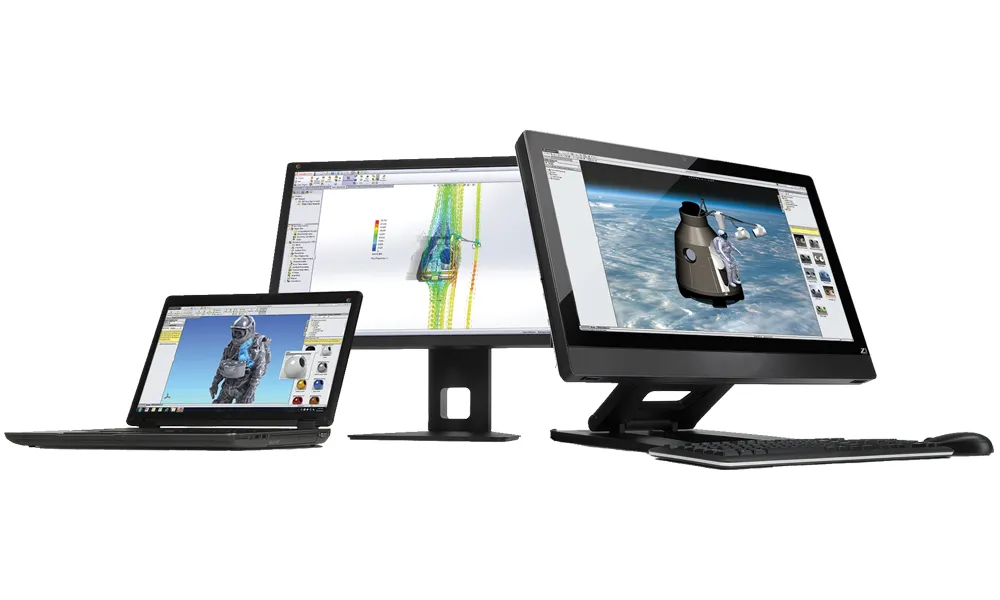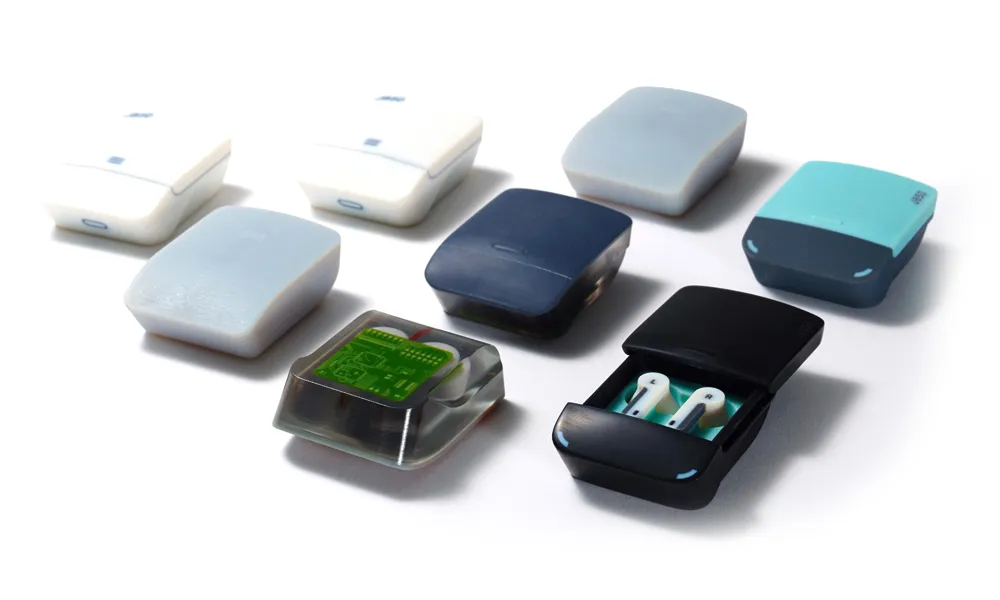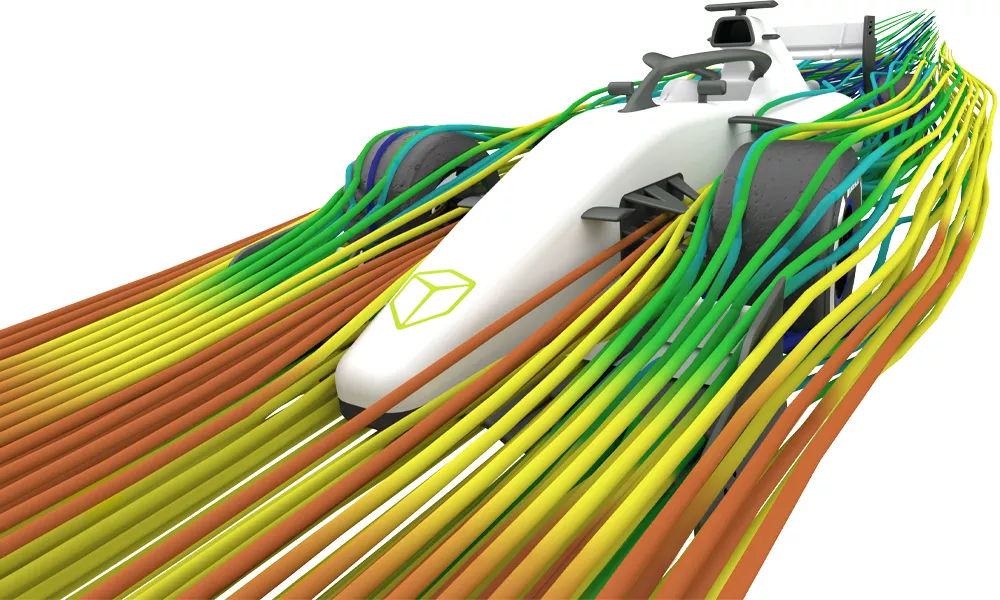AT WHAT AGE DID YOU BEGIN MAKING STUFF?
From a very young age, I took things apart, tried to look inside, and sometimes plugged them into the wall and blew circuit breakers.
The desire to create crosses all boundaries, from Fortune 500 executives to bootstrapped startup entrepreneurs, from college graduates to high school dropouts.
GoEngineer is lucky enough to be connected with brilliant individuals across many industries whose businesses are driven by a passion to design, engineer, and manufacture.
This interview features David Toledo, co-founder of Power Practical.
Software that helped them succeed: SOLIDWORKS
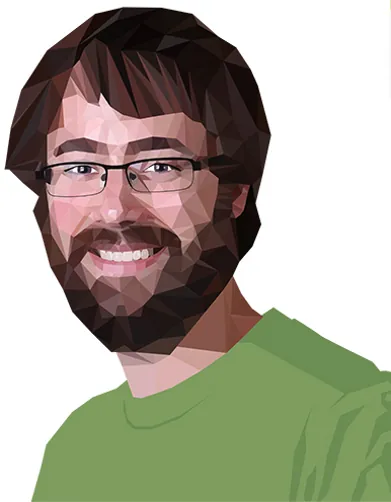


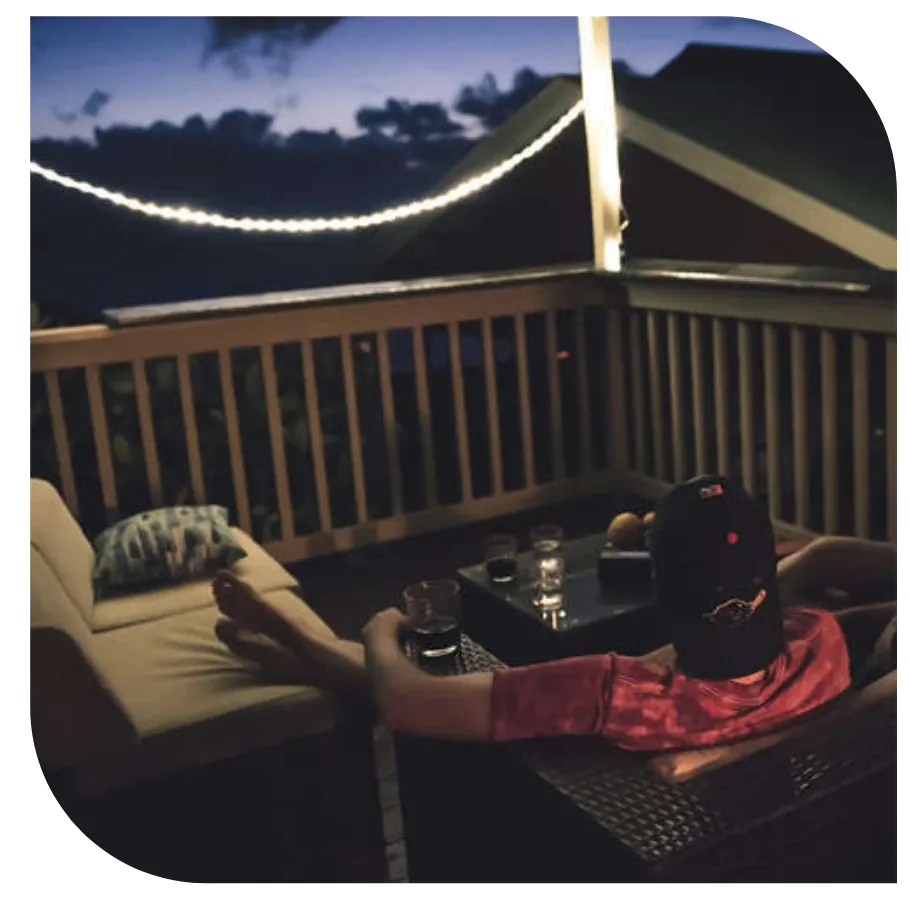
From a very young age, I took things apart, tried to look inside, and sometimes plugged them into the wall and blew circuit breakers.
Paul Slusser, the co-founder, and I are avid outdoorsmen and campers. We initially set out to make a thermoelectric generator.
We were sitting around a campfire when our Bluetooth speaker died.
We said, “This fire could really charge that speaker. There’s so much power.” But it’s nighttime, and the little solar panel we had wouldn’t work. There was no other way to charge the speaker.
When we looked online to find a product that could be used in the backcountry, a portable thermoelectric generator didn’t exist.
So we set out to make one and landed on the PowerPot design.
But we didn’t intend to build a pot that makes electricity.


From a business standpoint, retail.
We learned that to play in the retail space, you need to have a lot more money and know the space much better than we did. We sold in really well to REI, Cabela’s, Sportsman’s Warehouse [and others], but we didn’t have enough products and marketing money to influence the retailers themselves to help us move the product off the shelf.
[In one case] we were on the bottom shelf next to cheap stuff in the camping cookware section. We wanted to be up by the solar panels, but the large retailer wouldn’t do that for us.
We’ve switched our strategy to focus on online sales, which is much, much better for our business because we’re in control.
I was in grad school when I was just beginning the business. My roommate, Jon Hulme, said, ‘Ideas are a dime a dozen. It’s execution that matters.’
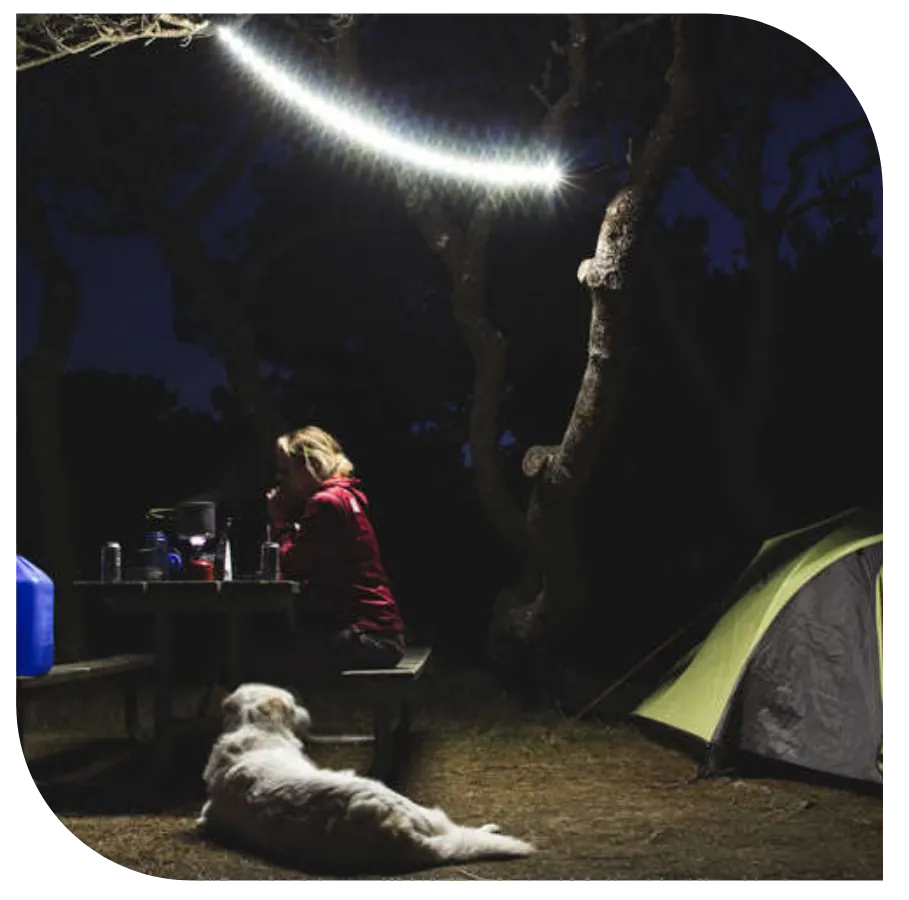
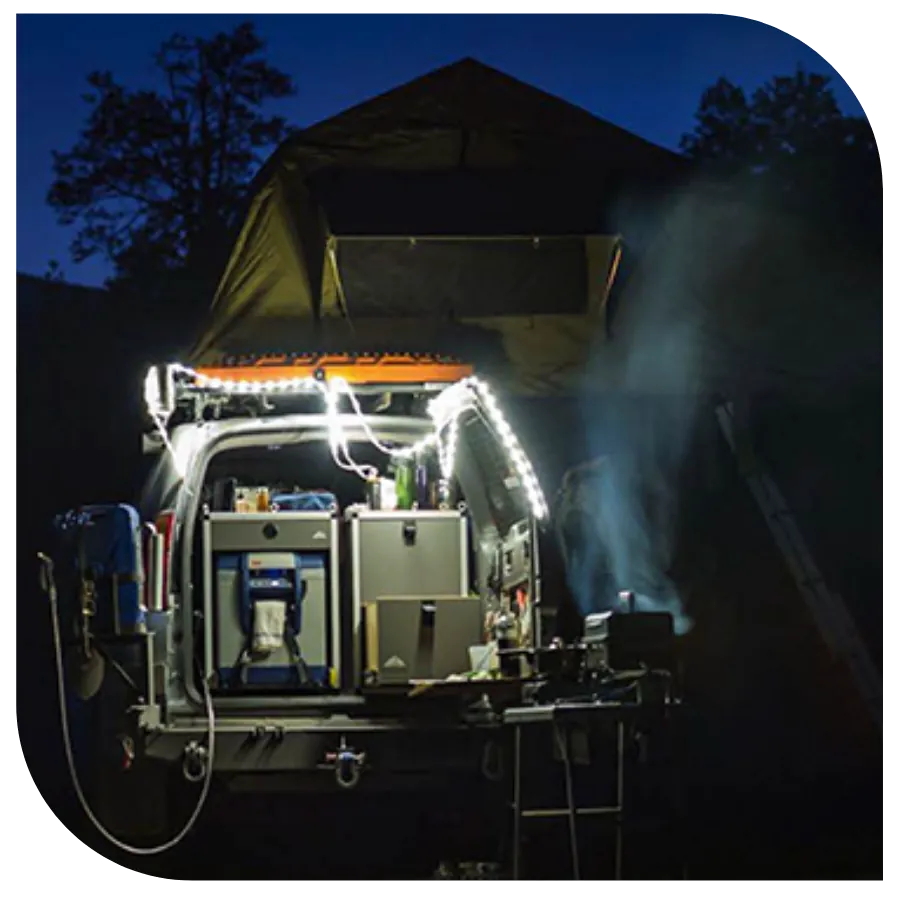
One of the biggest things I see holding people back is the [belief] that they need to keep their valuable idea close. I don’t think ideas are really that valuable at the end of the day; it’s doing something with that idea.
Try and work with other people; that’s ultimately how you make progress.
Don’t be afraid if someone is stealing your idea because you’re going to have to bring it out into the open some time. The sooner you do, the more feedback [you’ll get], the better your product will be, and the faster you’ll get to market.
Ultimately you’re going to pursue your idea, and it’s probably going to fail or be mediocre. That’s fine, because during that process, you’re going to come up with 10 more ideas, and you’re going to be able to figure out how to vet those 10 ideas and then which of those 10 ideas you want to pursue next. And then the next idea does better than the first, probably not because of the idea itself, but because of the execution of it.
That’s what I believe.




